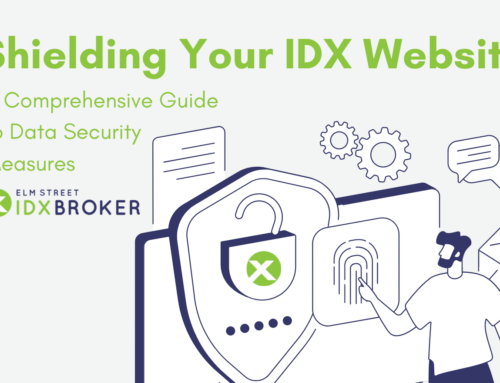You’ve heard about millennials, but who are they? How different is this new generation of trendsetters? Even more importantly, what does selling real estate look like in a millennial market?
What is a Millennial?
Millennials, or the Y Generation or Generation Next were born between 1980 and 2000 – the age of reality TV, cell phones, Netflix and the Internet. They’re influencing society as much as they’re influenced by it. These are first time home buyers and the largest consumer market to date, even surpassing the Boomers.
While the media describes them as a self-centered, ‘Me Me Me’ generation, they’re not going to let that define them. According to the Huffington Post, this generation actively supports equality for all. More than two thirds of them spend time and money working for charity.
Their life expectancy is longer and the pressure to get married and have kids is relieved by the ability to start families later in life. Access to the wealth of information on the Internet, this generation does more research and takes more time weighing big decisions and purchases.
For them, security is not guaranteed and job switching is the new norm. According to Forbes, this generation expects to stay in any given job for fewer than 3 years. The standard interview question of “where do you see yourself in 5 years?” is increasingly difficult to answer for these younger applicants. At the same time, job satisfaction is more important than ever for Millennials, endlessly searching for the best and are reluctant to settle.
How Does This Affect Real Estate?
Credit is lacking for these potential new home buyers. Millennials are stuck with the misfortune of coming to the market after the Great Recession. With the housing bubble burst, banks are more thrifty in their lending decisions. That frugality leaves these first time home-buyers with fewer financing options to fund a mortgage.
Unlike previous generations, millennials aren’t looking for a house in which to spend the rest of their lives. Forbes describes as typical the very situation that friends of mine found themselves in:
Seth and Daisy rented for a long time until, in their late 20s, Daisy became pregnant. Unable to afford a house, they moved in with Daisy’s parents to save up for a down payment. Even after saving for some time they were only able to afford a “starter home” in the suburbs. They lived in that house for a couple of years, until their family grew once more. They just recently bought a house and moved to the city to overcome the cost in money and time that they were losing by living out of town.
Selling Real Estate in a Millennial Market
Have a great web presence. This is the generation of technology and connectivity. They’re out there searching for you, so be easy to find.
Provide an easy to use, mobile-friendly website. Before making any big decision these people will do extensive online research (often on their phones). Be found and provide relevant answers to their questions.
Become more active on social networks to get your name out there and interact with potential buyers. This social group will share your information widely if you provide a good experience and are socially engaged. If you don’t have a great web presence now, we can help you. Turn to IDX for market leading real estate search software.
Be an expert in your field. Despite their confidence, young buyers recognize experience and are open to advice. This generation is not rebelling against their parents, but often look to them for advice and friendship. Your expertise is important and you can be a valuable guide in the real estate market.
Most importantly, remember that even armed with the best knowledge of social trends and generational statistics, you are selling to people, not stereotypes. Treat each transaction as you would a friend, no matter what their age or background may be. Being authentic is very important. This article is to provide you with some basic information to better communicate with young buyers. This is not a formula to reach a generic block of customers.






